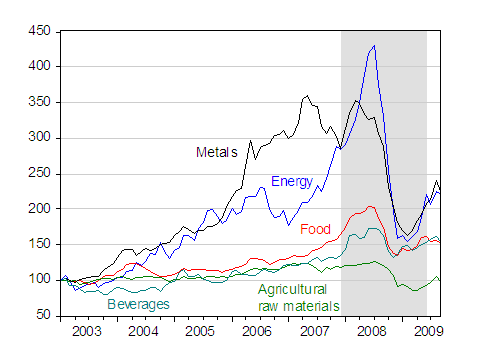GoodSarmatian
Jokerfied Western Male
- Joined
- Apr 25, 2006
- Messages
- 9,408
I feel like this is what I mean. I mean the American style of Wild West capitalism. Becoming a universal healthcare high minimum wage sort of economy would be "death of capitalism" by my meaning.
As long as you don't abolish stock markets and publicly traded corporations as a concept it's still capitalism.
It would just be Capitalism Done Right (or as right as it can be done) and not the Exploitative Tragedy Turned Farce Turned Tragedy we have now, or the Hamfisted Dystopic Parody That Might As Well Be Soviet Propaganda that the Republicans are trying to create.

